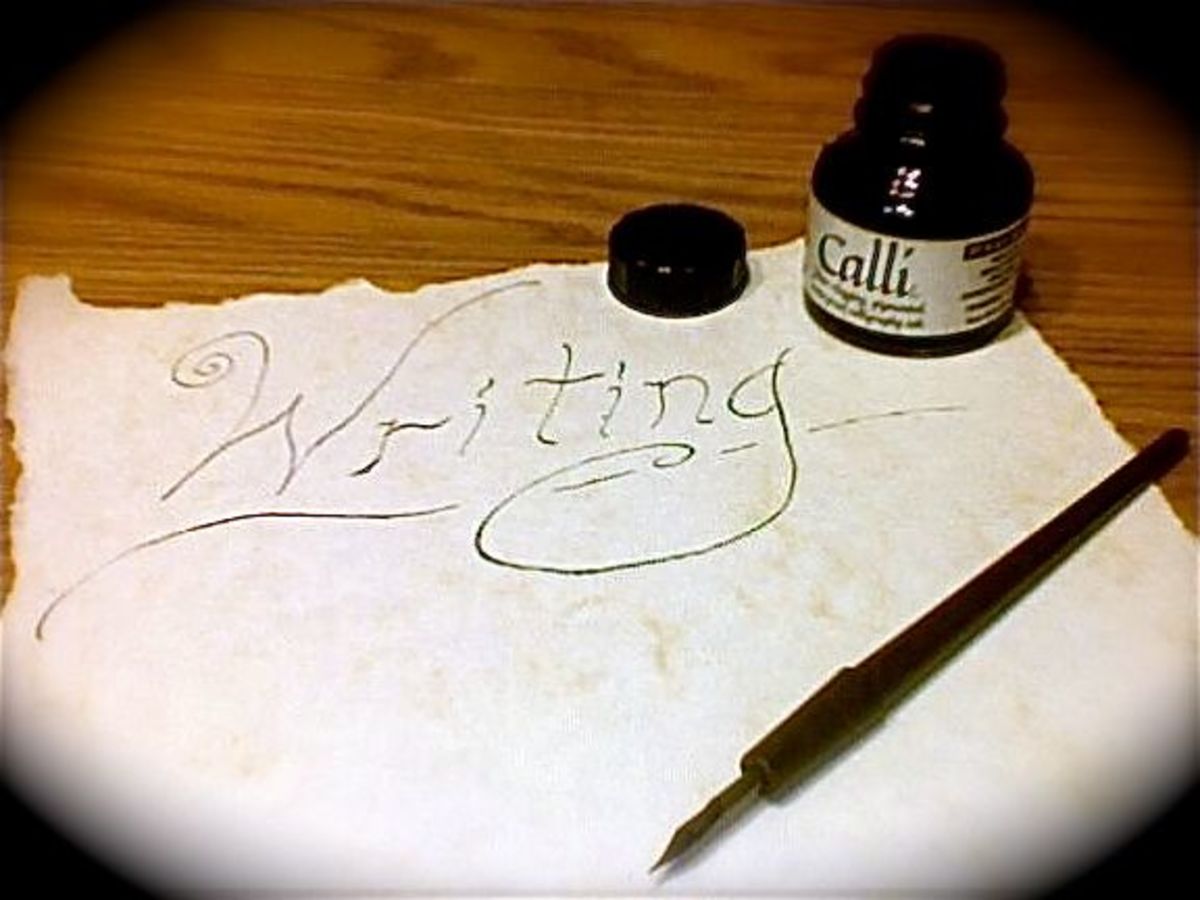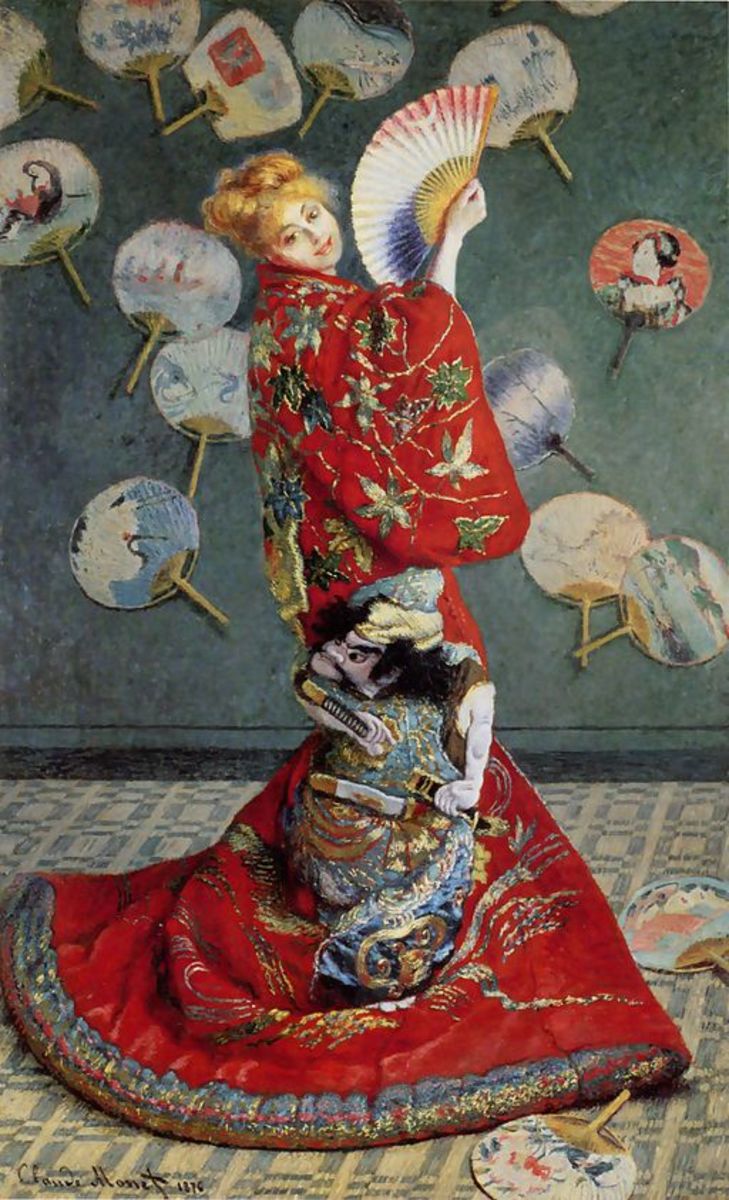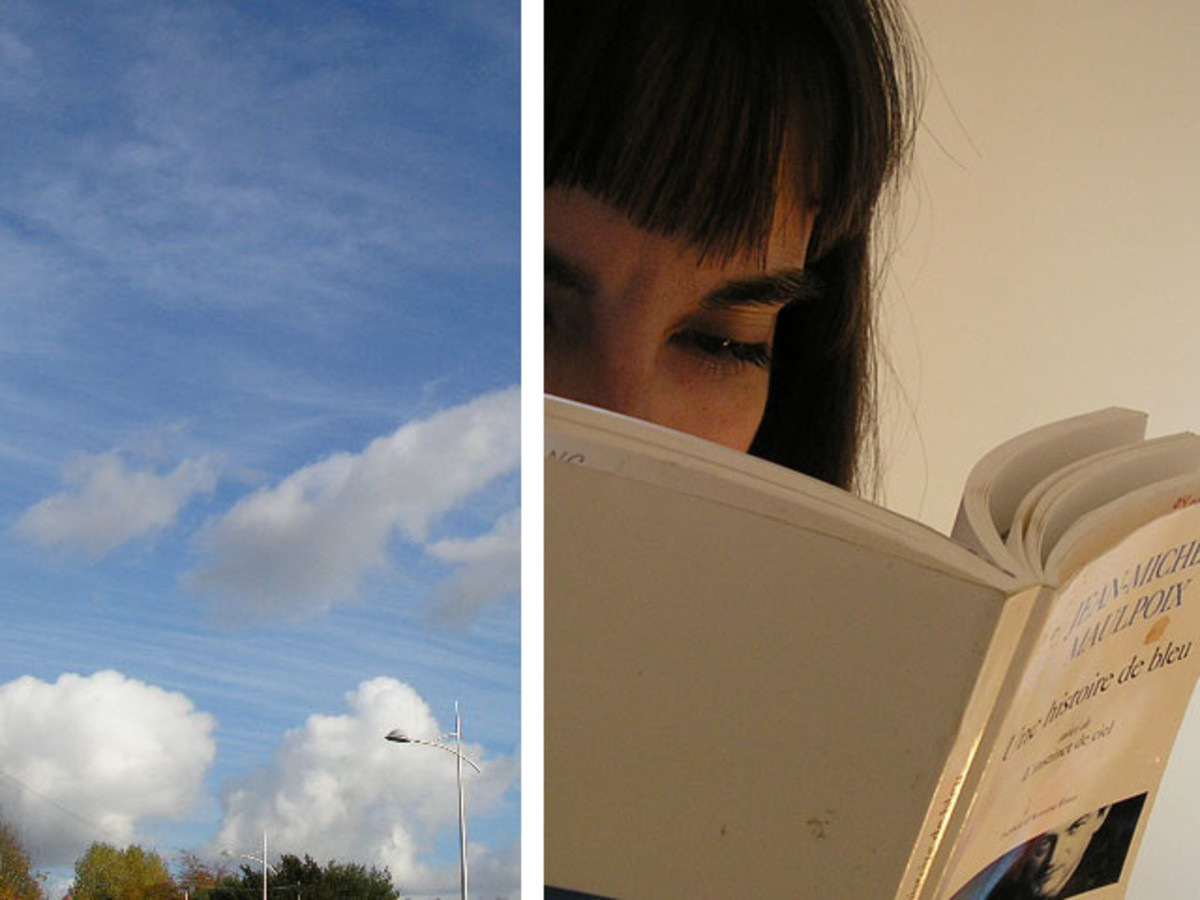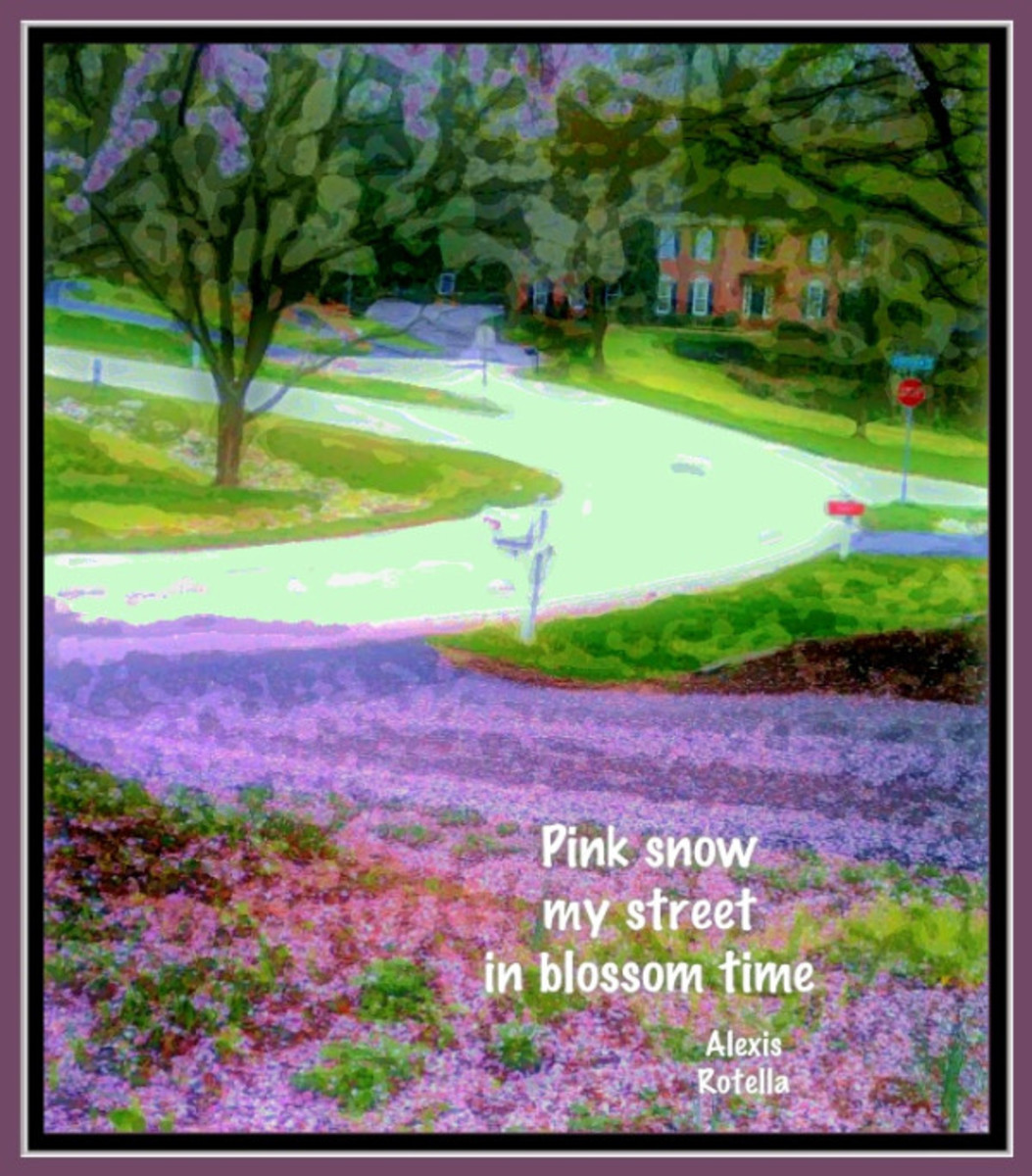How To Write Confessional Poetry
Step 1: Understand The Meaning of Confessional Works
You may be asking: what is confessional poetry?
This genre of poetry originated in the mid-1900s, and it is much like it sounds: a confession and self-revelation of the author in a poetic form. This style of poetry is characterized by the following:
- Largely based upon the SELF and REAL LIFE EXPERIENCES
- Intense with VIVID LANGUAGE and metaphor
- Deeply PERSONAL, even if writing about other subjects besides oneself
- Focuses on INTENSE TOPICS ranging from sex to suicide
This style of poetry is anything but light, and confessional poetry is far from an easy read. This style of writing was often used by the great confessional poets during the 20th century as outlets for their depression, fury, loneliness, and anger toward social injustices unfolding in the world.
RESOURCES ON THE HISTORY OF THE MOVEMENT:

Step 2: Check out Sexton, Plath and Lowell at your local library
The best place to start when attempting to write confessional poetry for the first time is at - you guessed it! - your local library.
Writers write what they know about, as a rule of thumb. Reading three major confessional poets' works will allow you to look at the confessional form in depth, and discover what is behind its meaning and creation. Here is a quick run-down on the authors you need to check out:
- Anne Sexton is one figurehead of the confessional poetry movement. Her works incorporated feminist elements and propelled feminist poetry into the limelight during the mid-1900s. Her style of writing, deeply personal and self-reflective, is a fine example of confessional literature.
- Sylvia Plath is famous for her melancholic novel The Bell Jar, but her confessional poetry is moving, graceful, and at times disturbing. Nevertheless, her writing is an excellent example of the confessional form.
- Robert Lowell, the final major figurehead for the confessional movement, fueled his very personal and vivid life experiences into poetry - the layman's definition of the confessional form. Lowell's works utilize metaphor, allusion and imagery as Plath's and Sexton's do.
SUGGESTED READING:
- Ariel by Sylvia Plath
- Live or Die by Anne Sexton
- Life Studies by Robert Lowell
Step 3: Educate Yourself on Poetic Terminology
(This step is optional. If you already know a lot about literary terms, go to step 4!)
For those of us who are less inclined to excel in English and do our best in Calc, remembering all literary terminology from high school can be a daunting task.
When attempting to write confessional poetry, it is best to review some key literary devices that confessional poets most often utilize:
- METAPHOR - confessional poets are inclined to use metaphor over simile. Although most poets do use simile, confessional poetry most often utilizes basic or extended metaphor. The confessional genre is highly symbolic, vivid and intense. Metaphor allows the confessional writer to grab the reader and make him/her think about the true meaning that lies beyond the surface of the text. Because this genre of poetry is so blatantly personal, metaphor allows for a more subtle or profound self-revelation in the text.
- ALLUSION - some of the greatest confessional poets use allusions in their works. Allusions can be as simple as alluding to a mythological figure, or as complex as political battles during the first World War (for example).
- PROSE, RHYTHM AND METER - all three terms are necessary for review.
Step 4: Spend Time on Self-Reflection
Now that you hold some background knowledge of the movement, have researched and read the works of some of the great confessional writers of the movement, and have reviewed some basic poetic terminology (if needed), you should be preparing yourself to finally get down to it and write!
The most important facet of the confessional writing process is that one must be as genuine and self-reflective as possible to garner the best product. If you prefer writing sonnets, haiku or less introspective kinds of poetry, writing confessional poetry will likely be somewhat of a challenge. Here are some tips for the beginning of the writing process:
- Take time for self-reflection. Confessional writers dig deep - they do not stay on the surface. Most confessional writing comes deeply from within oneself.
- Locate an important event in your adolescence or adulthood to focus on, one that stirs a great emotion inside of you. Not all confessional poetry is morbid - some confessional poetry is loving, appreciative, and gentle. It can be a deeply happy memory, or better yet, one that is deeply sad and moves you to become emotional to this day. Focus and meditate upon that memory.
- Allow yourself to write from your stream of consciousness. This is greatly helpful when first beginning the confessional writing you are attempting to produce. It allows you to play with words and freely write your thoughts. As you already know, some confessional poetry utilizes bizarre formatting, prose formatting, and other unconventional formatting because the author allowed him/herself to write with fewer restrictions and be very creative. This is your goal.
Step 5: Review Modern Confessional Works or Self-help Guides
For extra inspiration, as reading usually leads to an inspiration to write, check out some modern day confessional works. Contemporary confessional poetry may be
- easier for you to fully absorb
- easier to relate to
- more inspirational for your task
Although the works of Sexton, Lowell, Plath and others are very inspiring and leave an impact, they certainly aren't for everyone. If you feel bland and uninspired by previous suggested texts, or if you are having a difficult time getting through them and making sense of the writing, it would be best to check out modern works, OR self-help guides when it comes to writing poetry, or writing in general. There is no shame in trying to use guides to overcome writing roadblocks! It is not an easy task to write, especially if you are not literary-inclined.
RESOURCES








